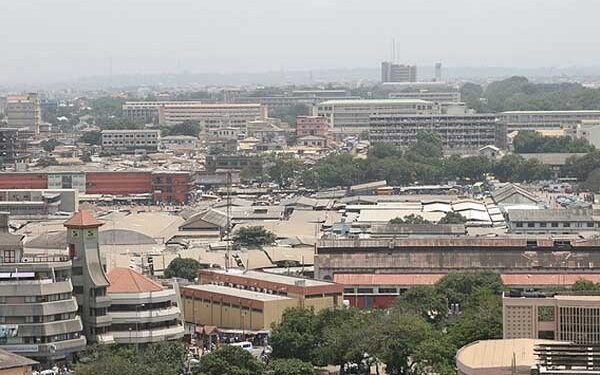Two months after Ghana saw the launch of its first 5G wholesale network, telecoms operators have yet to lease capacity from it to offer commercial 5G services, according to Minister of Communications and Digitalization Ursula Owusu.
Owusu first announced plans to introduce 5G to Ghana via a shared wholesale network model in May 2024 to help telcos save on rollout costs. To that end, Radisys, Nokia and Tech Mahindra united with Ascend Digital Solutions, telecom solutions provider K-NET, mobile network operators AT Ghana and Telecel Ghana, and the Ghanian government to launch a JV called Next-Gen InfraCo (NGIC) to build out the shared infrastructure.
NGIC was granted a ten-year exclusive licence to deploy neutral 4G and 5G infrastructure to be leased to operators, and launched its 5G wholesale network at the start of November 2024. NGIC said it would start rollouts in Accra, Kumasi, and Takoradi, with the goal of achieving national coverage by 2026.
The NGIC launch was heralded by the government and stakeholders as a pivotal move to accelerate digital inclusivity and growth in Ghana. The ministry also said rolling out a wholesale 5G network in phases would ensures rural inclusion, with subsidies to support underserved areas, as opposed to commercial 5G rollouts that are typically concentrated in urban centres.
However, since the November launch, none of Ghana’s main mobile operators – which includes NGIC stakeholders Telecel Ghana, AT Ghana, as well as MTN Ghana – have leveraged the NGIC network to launch their own 5G services, according to the Ecofin news agency.
During an interview on local television channel TV3, Owusu that the ministry has done its part to get the 5G ball rolling in Ghana, but it’s now up to operators to actively sell it.
“People didn’t listen to us at launch. This is a wholesale infrastructure. We built it, and now it’s up to telecommunications companies to buy capacity and provide it to their subscribers,” she told TV3.
The Ecofin report notes that it’s unknown if Telecel, AT Ghana and MTN have started discussions with NGIC or what the conditions of leasing 5G capacity will be. The ministry has also stopped short of providing a timeline of when it expects operators to start offering 5G services.
One sticking point may be the question of how much demand for 5G actually exists in Ghana, given that the penetration rate of 4G in the country – which has been available for the last nine years – was just 15% as of June 2024, according to government figures. The Ministry of Communications and Digitalization plans to boost that figure up to 80% by 2027.









